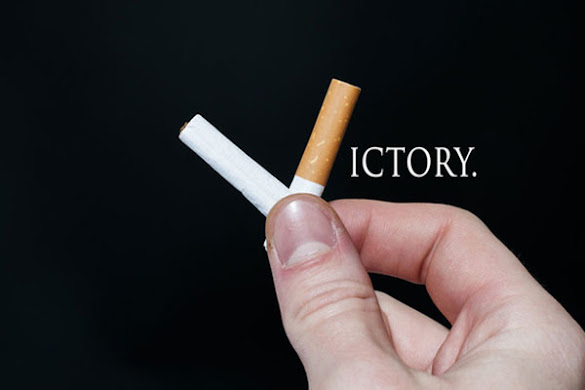How to Manage the First Days of Nicotine Withdrawal?
Deciding to quit smoking is one big step in itself. So congratulate and keep motivating yourself. Smoking is not the action of releasing smoke but it is also the addition of nicotine into your bloodstreams. This nicotine is addictive and harmful for the body. And since it is addictive, it has withdrawal symptoms.
What are the withdrawal symptoms?
Symptoms will be in all areas of your body, that is physical, emotional and mental. In the first 24 hours you will become irritable. Day 3 to 5 are the most challenging, since nicotine is totally cleared out of the body. You will crave for food, be moody and might also be insomniac. But these symptoms start to wear off by the first week and then it’s your mental power that’ll help you to push through the quitting.
- Various food craving: This is a very common withdrawal symptom. Since nicotine suppresses the appetite, as soon as nicotine is stopped the body regains appetite and tends to recover for the losses.
- You might get irritable and moody: This is the emotional distress that withdrawal brings. You should have an emotional support system of your friends and family to help you with this and understand what you are going through.
- Severe headaches: Chewing gum will create a placebo and help you get through with this. You can also have some painkillers if the headache worsens and is unbearable.
- Gut related problems: Digestion can become a problem and so can be weight gain. This should be your look out and you can seek medical help.
How to manage withdrawal symptoms?
Dealing with the withdrawal symptoms is quite challenging. Here are a few ways in which you can manage your withdrawal symptoms:
- Choose your environment wisely: Stop hanging around people who are regular drinkers and smokers. This will stop your cravings and your chances of relapse will reduce.
- Keeping healthy snacks near you: this will help you with your food cravings. Since you will indulge into eating you might as well keep it clean and healthy.
- Find distractions and new hobbies: Keep yourself occupied. This way you will have less free time on hand and you will be able to avoid smoking. You can also take up cardio and exercises which will help your body recover too.
- Learn to control your cravings and understand your body: As soon as you see your body signalling for the nicotine hit, get back to your senses and focus on other work or have some food instead.
Quitting any habit is a challenge, not just smoking. And hence it requires extra effort and dedication to be able to curb the habit completely. Nonetheless, however difficult it seems it can be done. Imagine yourself being out of the chains of an addiction and breathing freely. You should think about the bigger picture and always keep it in mind while dealing with withdrawal. Remember that this withdrawal will soon be in the past.
Source - Evernote

Comments
Post a Comment